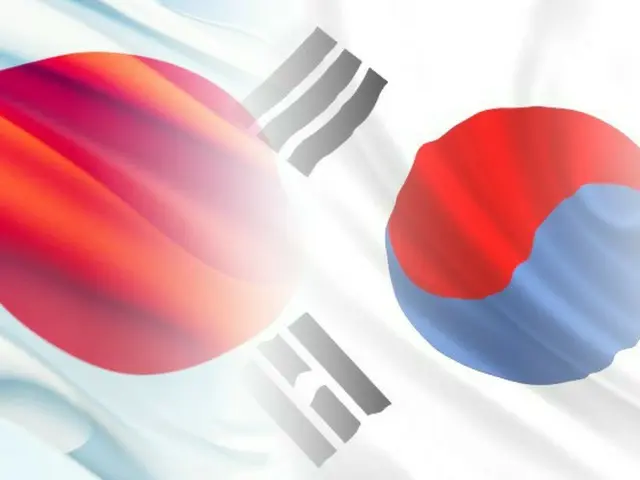In a follow-up article, Koike was described as "far-right" and "unfriendly." As governor of Tokyo, Koike has been sending messages of condolence since 2017 regarding the memorial ceremony for Korean victims of the Great Kanto Earthquake.
There was also an article that mentioned that the Tokyo gubernatorial election was canceled due to the expiration of the term of office. The incumbent, Koike, won a third term with 2,918,015 votes in the Tokyo gubernatorial election held on the 7th.
Shinji Ishimaru (41), mayor of Aki-Takata City, Shimane Prefecture, received 1,658,363 votes. Renho (56), a former member of the House of Councillors, received 1,283,262 votes. The turnout was 60.62%, the highest in the previous election in which Koike was re-elected.
This is 5.62 points higher than the 55% in the previous election in 2020. It is the first time the number has exceeded 60% since 2012 (62.6%). The main issues at stake in this gubernatorial election were the evaluation of Koike's eight-year term as governor and measures to combat the declining birthrate.
Having secured her third term, Koike appeared at her office near JR Shinjuku Station at around 8:05 pm on the same day and shared her joy with her supporters. Koike said, "With the strong support of the people of Tokyo, I have been able to lead the Tokyo Metropolitan Government."
"I have been entrusted with steering the ship. We don't have a single minute or second to spare. We will work even faster to protect the lives and livelihoods of Tokyo residents," he said enthusiastically.
Koike is 71 years old and from Hyogo Prefecture. After working as a TV anchor, she became a member of the House of Councillors in 1992. She later became a member of the House of Representatives and Minister of the Environment.
After serving as Minister of Defense and then Prime Minister of Japan, she was first elected in the August 2016 Tokyo gubernatorial election. She is currently serving her second term. On the afternoon of the 8th, one day after the election, Koike reported to her office. She was greeted by many staff members and received a bouquet of flowers.
He also made the rounds to greet each party in the Tokyo Metropolitan Assembly. As the election was being held in the capital of Japan, the Korean media also paid close attention to the election campaign. In this Tokyo gubernatorial election, posters with unrelated content were posted on the bulletin board.
Unusual incidents have occurred one after another, such as a large number of posters and banners being posted. Korean media reported that a poster board near the Tokyo Korean School in Shinjuku Ward was being misused for hate speech.
The fact that a candidate suddenly appeared taking off his clothes during the recording of a Hong Kong political broadcast was covered by JTBC and the JoongAng Ilbo. When the news of Koike's victory was announced at 8 p.m. on the 7th, the Korean media also reported it.
Afterwards, news portal sites began publishing articles introducing the profile and character of Ms. Koike, who was re-elected for a third term. Yonhap News described Ms. Koike as "Japan's leading female politician."
"She is a politician who has been a key figure in the party," the report said. "Some opinion polls have shown that over 60% of voters are in favor of her policies, and her high approval ratings have boosted her chances of winning early on."
"The government is unfriendly towards South Korea and Koreans, for example by not sending a message of condolence to the ceremony commemorating the Koreans who were massacred during the Great Kanto Earthquake in 1923 and by continuing to freeze subsidies to Korean schools in Tokyo."
Immediately after the Great Kanto Earthquake, rumors spread all over the country that Koreans had set fire to the buildings, and Koreans and Chinese were massacred.
In 1973, a memorial monument for the Korean victims was erected in Yokozunacho Park, a public park in Tokyo. Since the following year, a memorial ceremony has been held every year in the park, organized by an executive committee made up of the Japan-North Korea Association and other organizations.
The governor of Tokyo sent a message of condolence in 2017, but Koike has refrained from sending one since 2017, the year after she was first elected governor, saying she would "mourn all the victims of the earthquake disaster."
According to the report, the ceremony's executive committee conducted a survey of candidates in the current Tokyo gubernatorial election, asking whether they would send a message of condolence to the ceremony as governor, and Ms. Koike answered "no."
Financial News also introduced Koike's background, saying, "She has shown a tendency to advocate a right-wing view of history, such as by visiting Yasukuni Shrine (where Class A war criminals are enshrined) in the past."
-Daily published an article with the headline "Far-rightist Koike to be elected Tokyo governor for third term in Japan." Like other media, it introduced Koike, but also noted that Shinji Ishimaru made a strong showing and came in second.
The report also detailed how Renho was unable to expand her support sufficiently.
2024/07/09 13:32 KST
Copyrights(C)wowkorea.jp 5

